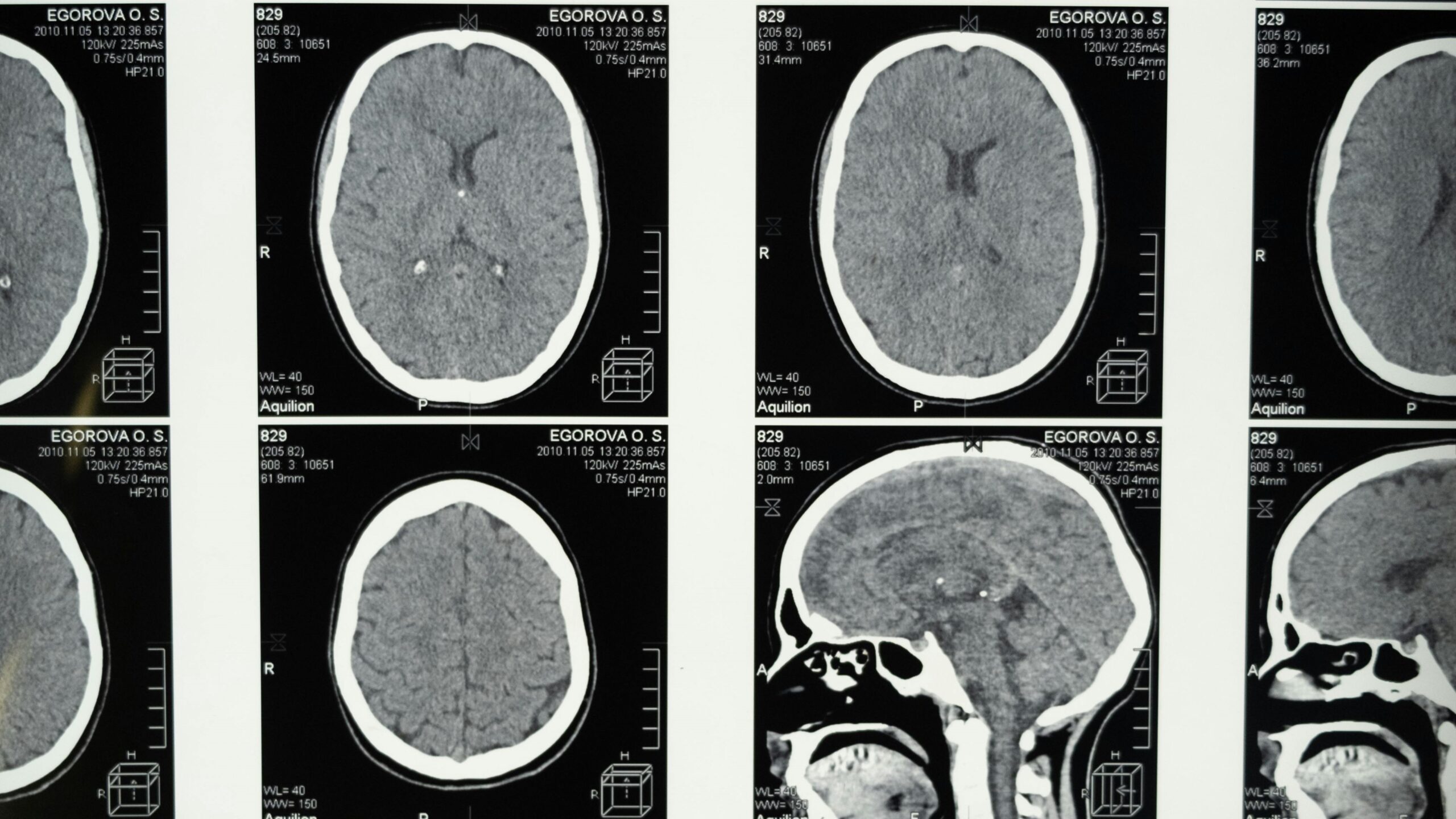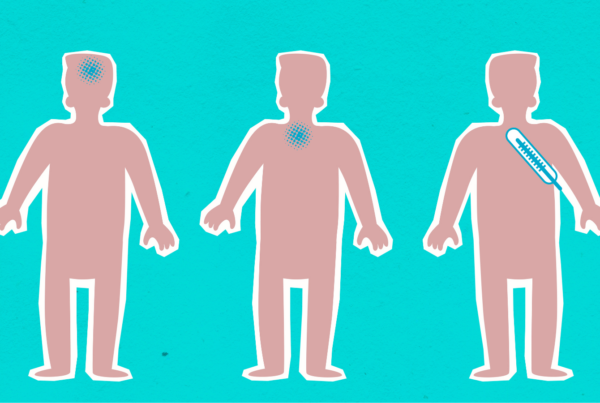
Paola Cinque, EPIVINF researcher from Ospedale San Raffaele, sheds light on HIV-related neuroinflammation, bringing her expertise to studies that reveal critical insights into how the virus affects the central nervous system and neurological health
Paola Cinque, from Ospedale San Raffaele and a researcher at EPIVINF, has participated in two recent studies exploring the complex effects of HIV on the central nervous system (CNS), focusing on patterns of inflammation and viral replication mechanisms.
The first study, Changes in cerebrospinal fluid proteins across the spectrum of untreated and treated chronic HIV-1 infection, analyses cerebrospinal fluid (CSF) proteins in people with HIV across different stages of infection. By examining data from 1,463 proteins in CSF samples, researchers identified protein alterations associated with CNS damage in advanced stages, such as HIV-associated dementia and neurosymptomatic CSF escape (NSE). They also observed that antiretroviral treatment reduces these alterations, although not always to control levels, suggesting partial recovery in the CNS environment.
The second study, Neurosymptomatic HIV-1 CSF escape is associated with replication in CNS T cells and inflammation, focuses on NSE, a condition in which some patients on antiretroviral treatment experience neurological symptoms with detectable HIV-1 in the CSF. Researchers found that the virus in the CSF was generally drug-resistant and replicated in CNS and CSF T cells, leading to increased inflammation and neurological damage. These findings suggest that the neurological picture of NSE is sustained by inflammation and driven by local viral replication in CNS lymphocytes, despite undetectable or low-level plasma viremia.
Both studies provide a deeper understanding of the impact of HIV on the CNS and highlight the importance of adjusting therapies to minimize neurological damage in these patients.






